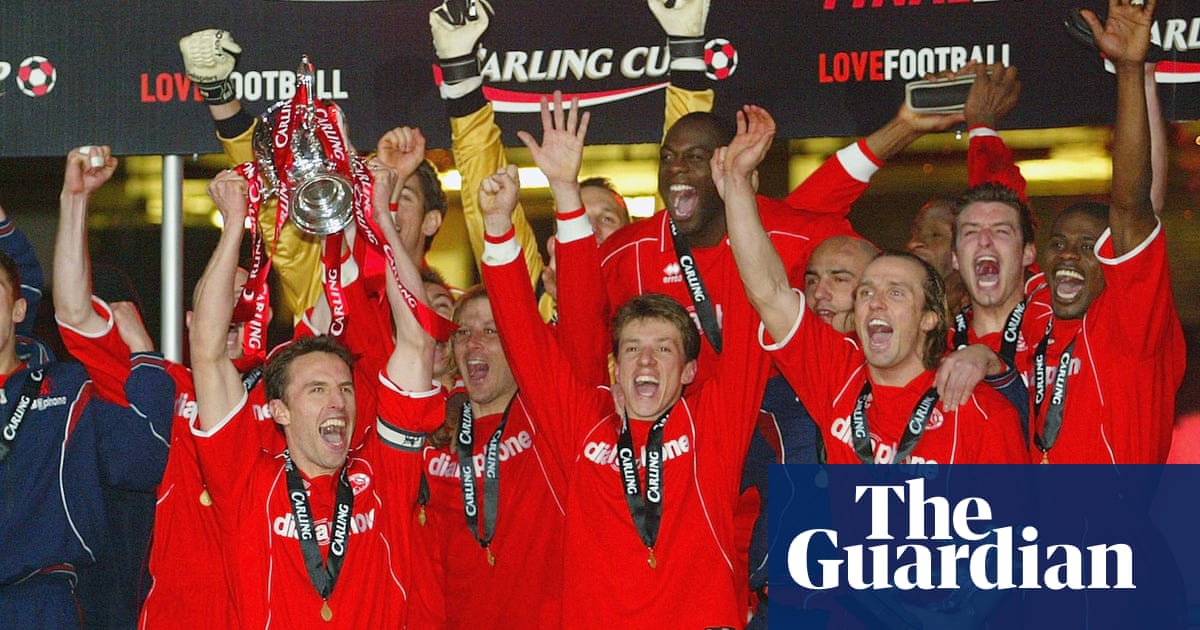
Ask yourself: who are the top English midfield players of the past 20 years? We’ll rightly look back and tell the next generation about the wonderful all-round ability of Steven Gerrard, the outstanding goalscoring record and timing of runs of Frank Lampard and the sheer technical prowess of Paul Scholes, who created and scored goals. But there’s another midfielder who deserves his place among these legends: a player with exceptional passing and ability to dictate the flow of a football match with his positional play and intelligence, who has been undervalued, underappreciated and overlooked – especially at international level.
Michael Carrick is set to retire at the end of this season and though he isn’t a player to grab the headlines with 30-yard goals into the top corner or ever top the charts in the goals scored or assists column, every time I watched him over the years for Manchester United he amazed me by making the game look so simple – not only making the correct pass but having an appreciation for his team‑mate to receive possession with a “message” so that they wouldn’t have to break stride or so that they knew exactly where their opponent was as well.
When we show the next generation of young midfield players the art of receiving possession on the half-turn from your defence, enabling your line of sight to open up the pitch so you know your next pass before you even receive the ball, there is no English player who has been as consistently good at this as Carrick. Nor one who has been able play the ball quickly, with both feet, between the lines to attacking players with short incisive passes – which don’t look as fancy as a 60-yard diagonal pass (though Carrick could also play those with ease) but hurt the opposition defence so much more.
When we look back at our “golden generation” and ask why we never maximised the potential of the world-class players we undoubtedly had in our ranks, I would argue that instead of asking the question about Lampard and Gerrard playing in the same team we should be asking why Carrick wasn’t the first name on the teamsheet behind them. He would have enabled these two superstars to have the freedom to play higher up the pitch and make the most of their abilities to create and score goals.
Look at the outstanding seasons both Gerrard and Lampard had in the Premier League and Champions League and you can’t argue with the fact that behind them they had either the intelligence and discipline of a Claude Makélélé or Javier Mascherano or in Gerrard’s case a similar player to Carrick in Xabi Alonso, players who gave the team defensive balance and seamless movement into forward areas.
For much of the past 40 years, the football culture and tactical philosophies developed in this country have had a fascination with direct, exciting high-tempo games full of goals or strong tackling in midfield areas, which put Carrick, and the appreciation of his qualities, at a disadvantage and meant that he was overlooked at times for his country, which was to the detriment of our national team.
Thankfully, through a more cosmopolitan outlook as well as the involvement of progressive and positive coaches from abroad in our game, our ideas have evolved in recent years and the approach to coaching has changed dramatically as has the quality of our competitions.
Carrick thrived as his skill set was more appreciated and there could be no greater compliment than the one paid by Pep Guardiola, who has said Carrick would be the only one who would have got into his wonderful Champions League-winning Barcelona team that they put on a masterclass against United at Wembley in 2011. For a player in the role that Guardiola made his own – never mind the coach’s part in the emergence of Sergio Busquets in that Barcelona team – there can be no higher praise.
Carrick won countless trophies at Manchester United both domestically and on the continent as a key component of the side, yet over the course of his excellent career won only 34 England caps. I can’t help but feel that if Carrick was Spanish, Italian or German his caps tally would be a lot higher because of the different way they celebrate and value these deep-lying midfield playmakers.
I’ve never had the opportunity to discuss football with Michael Carrick but I feel that this is not the end of his outstanding career in the game but the beginning of another amazing one. The statement made by José Mourinho that after the end of this season he expects Carrick to join Manchester United’s coaching staff was no shock. If he displays in his new coaching role his football intelligence and technical understanding in the way he did as a player I wouldn’t be surprised to see him develop top young players and then coach or manage at the very top.
Perhaps then one day we may appreciate him as much as we should have in his playing days, though not as a player but as a coach/manager instead. The Guardian Sport












